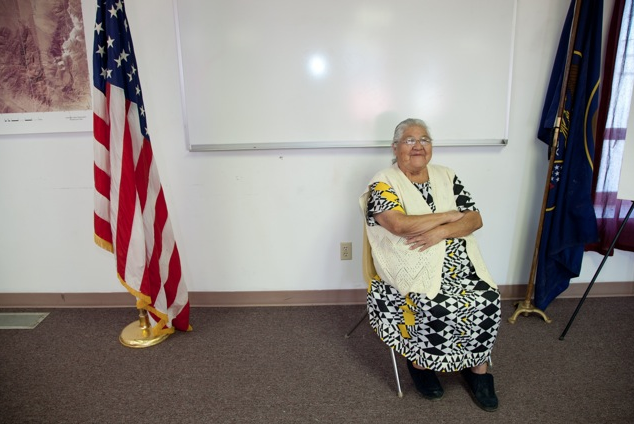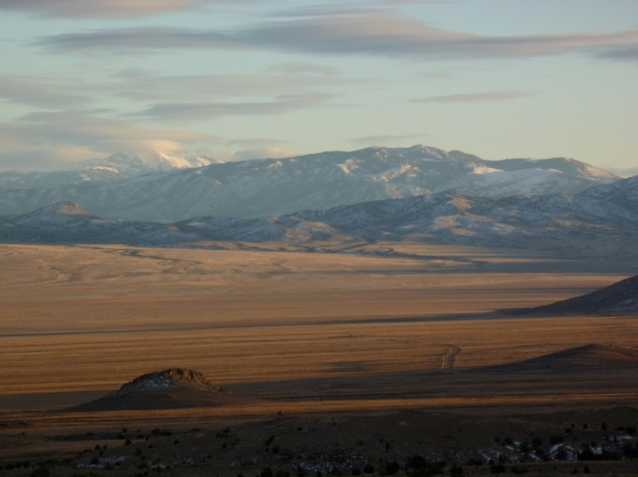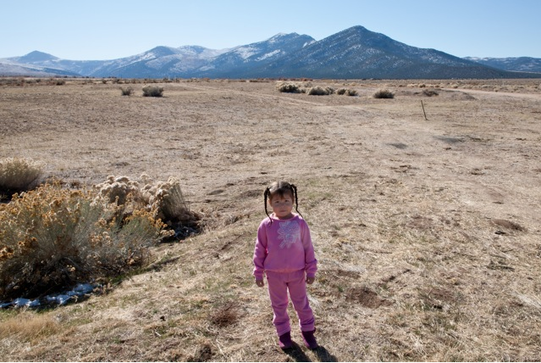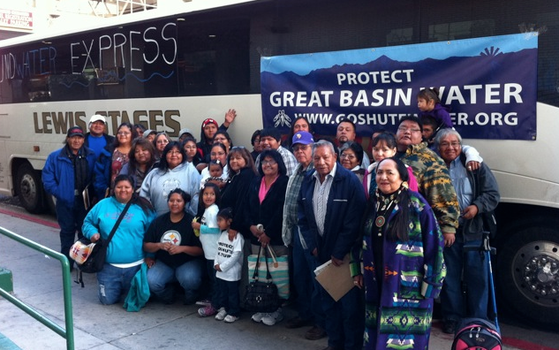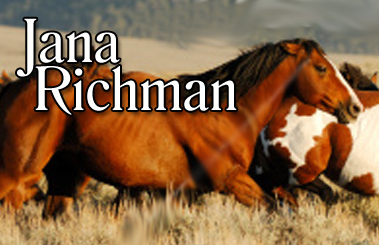But how parched is Las Vegas—with its velvety golf courses, casino swimming pools and glittering public fountains—compared to the Deep Creek Valley Goshute Reservation, which receives the lowest annual rainfall in the state of Utah?
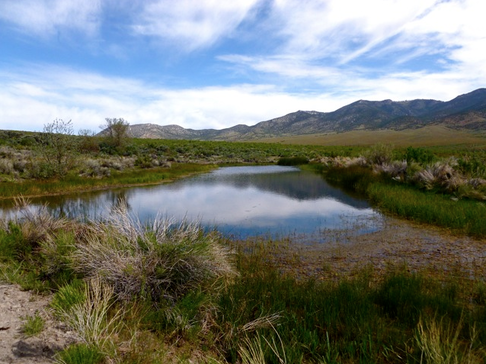
“In the Goshute language . . . water is referred to as a human being, a living entity. It is in the water that the spirits of their ancestors reside. If the water goes to Las Vegas’ fountains and man-made Venetian canals, the spirits will go there, too.” So says Rupert Steele, former chairman of the council of the Confederated Tribes of the Goshute Reservation.
According to the BLM’s Environmental Impact Statement, groundwater pumping in these rural valleys would damage 300 springs and 120 miles of streams.
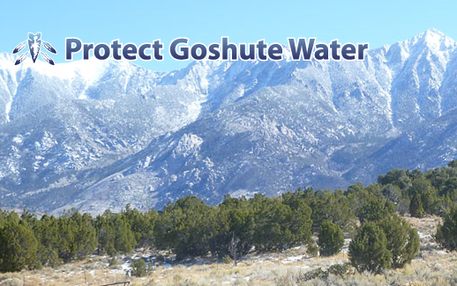
Water—the very lifeblood of the entire nation of Goshutes, and of the local ranchers already living at the edge of survival—can't be harvested like wheat or mined like coal.
Not with a citizenry who says NO.
Forward this blog link and/or talk to friends interested in sustainability and water equity. Get them to spread the message and links afar.
Contact local writers and any powerful journalists you know, to help generate national attention. Writing letters to local newspapers would also be great.
Volunteer for and contribute to the Great Basin Water Network—the volunteer environmental group dedicated to terminating the pipeline.
Attend the Snake Valley Festival, a fun fundraising weekend to support GBWN, June 15-17.
Contribute time and money to the Goshute Nation.
Contribute to Center for Biological Diversity, who have lobbied tirelessly on this issue, and have raised awareness about the Las Vegas water grab. Thank them for their work.
Leave comments on the BLM’s draft environmental impact statement. Comments may be mailed: Penny Woods, BLM Project Manager, PO Box 12000, Reno, NV 89520, faxed: 775-861-6689, or emailed: nvgwprojects@blm.gov.
Many thanks to the Goshute Tribe website and the City Weekly article for photos and quotes.
